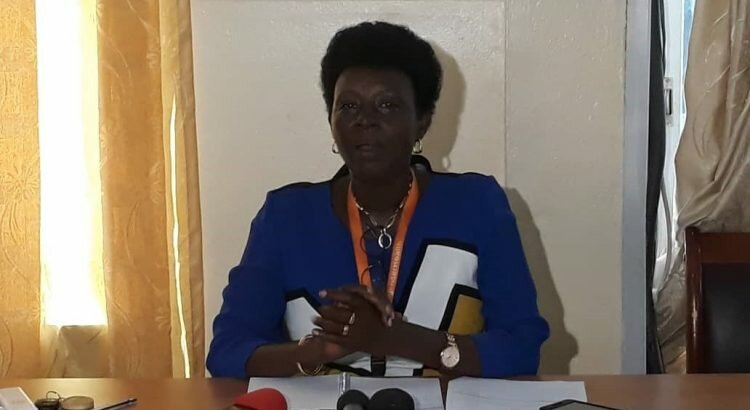BUJUMBURA May 9th (ABP) – The National Reproductive Health Program (PNSR) held on Tuesday May 8, 2019, in collaboration with the project to combat violence against women and girls and gender inequality (BRAVI), a Ngozi health province best practice sharing workshop on the care of survivors of sexual and gender-based violence (SGBV), for all stakeholders in the fight against SGBV, so that they can use those practices in their daily work.
In her speech, NGO Engenderhealth country Representative Ida Ntawundora who is also coordinator of the BRAVI project, recalled that this project is funded by USAID and focuses on three specific objectives, including capacity building for health care providers to provide quality services, demand promotion and use of SGBV and family planning services, as well as the promotion of equitable gender norms to improve access to health services.
Ms. Ntawundora noted that the field experience has shown some challenges in health care facilities, including the lack of confidentiality in providing SGBV survivor services.
She invites those health care facilities to develop a private place where SGBV survivors feel protected from discrimination and stigma.
According to the same source, there is a need for harmonization of the provision of services for SGBV survivors at the national level, which would also require a national strategy that focuses much more on the provision of medical services in order to facilitate the work of health care facilities to harmonize services.
The other challenge she raised was to link the community and the healthcare facilities, explaining that as SGBV occurs in the community, it needs to be sensitized to help inform about the existence of services in nearby facilities and also help SGBV survivors access health facilities to receive services in accordance with standards of SGBV healthcare.
Ms. Ntawundora invited other health provinces in the country to adopt the practices of the BRAVI project and called on the Ministry of Health through the PNSR to help them ensure harmonization in the provision of services for SGBV victims.
The meeting participants commended the work done by the BRAVI project, but pointed out that much more needs to be done to provide SGBV services, arguing that the package is not yet complete following tetanus toxoid and vaccine against hepatitis B that are not yet available, especially in health centers, and even in many hospitals.




